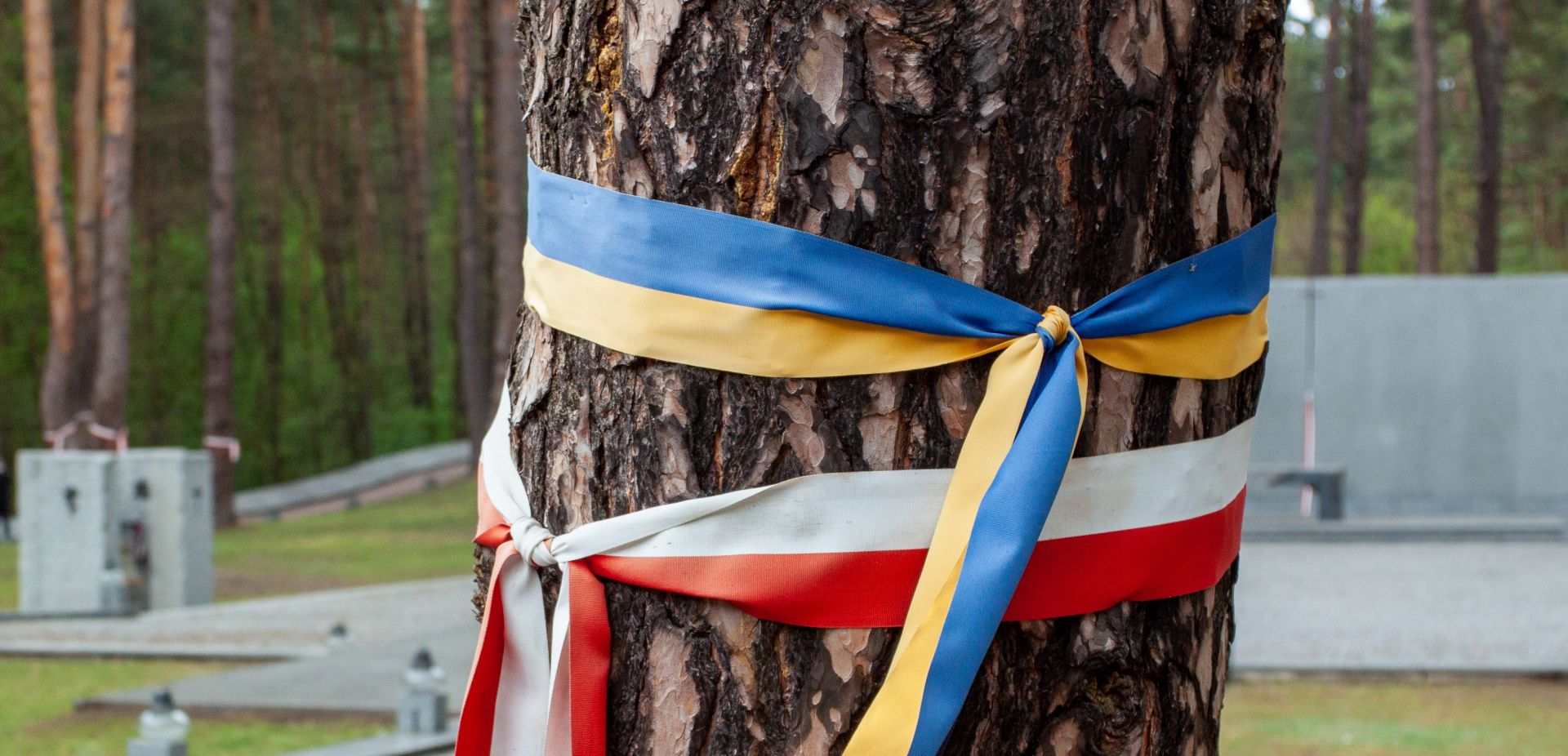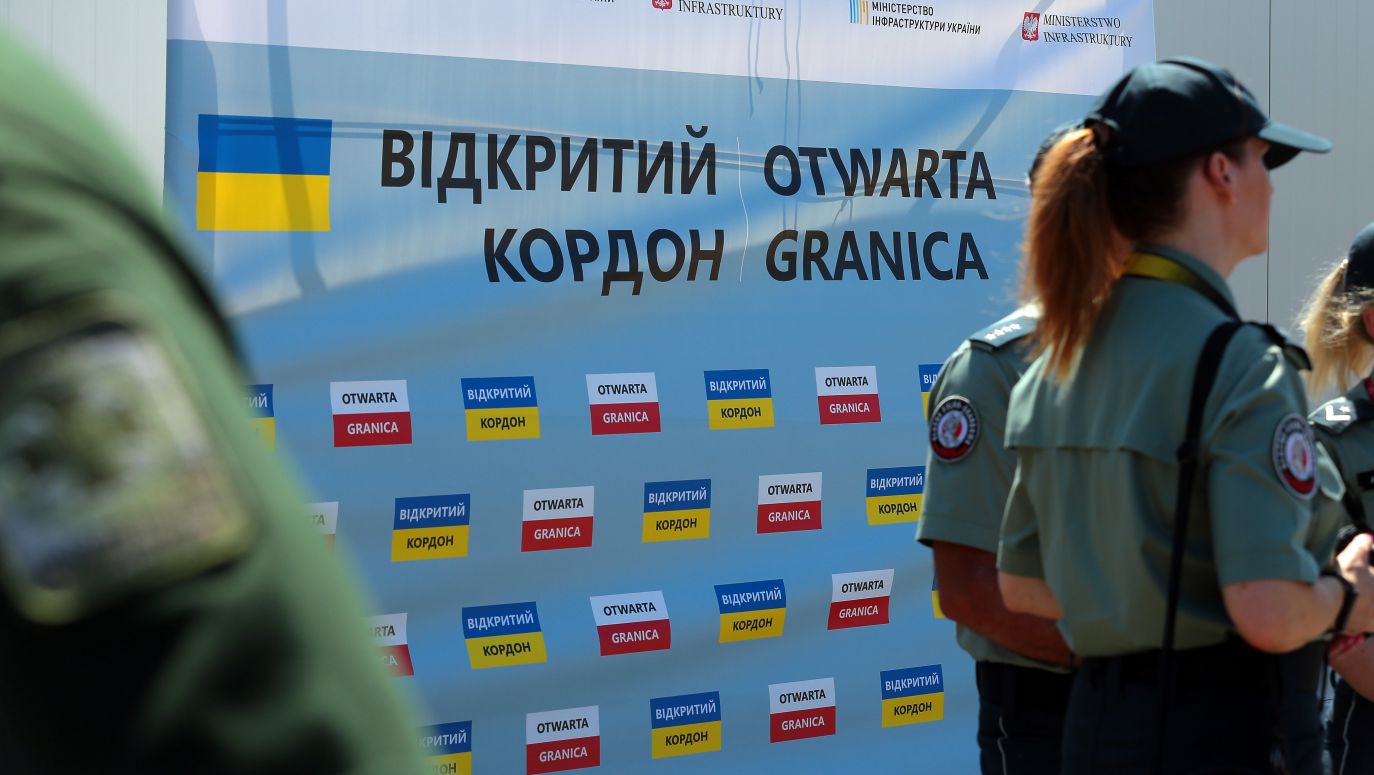Thus, in essence, Giedroyc's thought clashes with Piłsudski's geopolitical assumptions. On the other hand, it may come as a surprise that it corresponds... with Dmowski's concept.
A myth grew up around the leader of the National Democracy that he was an anti-Ukrainian politician. However, in one of his most important books - " Thoughts of a Modern Pole" from 1903 - he refers positively to the nation-forming aspirations of the Ukrainians.
Here is a fascinating passage: "If the Ruthenians are to become Poles, they need to be polonised; if they are to become an independent Ruthenian nation, capable of living and fighting, they need to be told to acquire through hard work what they want to have, to be told to toughen up in the fire of battle, which they need even more than we do, because they are by nature much more passive and lazy than we are. If we give them without resistance everything they want, 'and even more than they want', in this way we will only withdraw from Ruthenia ourselves, but will not create a Ruthenian nation. Having satisfied their excessive appetites today, we will leave this beautiful land to idle, satiated idlers, whose self-sufficiency will last until someone more energetic than us lays his hand on them. Instead of an independent Ruthenian nation, we shall prepare a ground for the Muscovite nation".
Some might object that the quotation betrays the author's contemptuous and paternalistic attitude towards Ukrainians. And this would be a legitimate reaction.
However, in the above-mentioned passage, one should also see an indication of the benefit to Poles of supporting the Ukrainian population against the Tsar. This is something very important and even prophetic. Just like the fear that handing Ukraine over to the "lazy, satiated idlers" (wouldn't today's reference simply be to those oligarchs who hinder their country's development, or men who evade the army with bribes?) would bind it civilisationally to Russia.
 SIGN UP TO OUR PAGE
SIGN UP TO OUR PAGE

We cannot ignore the fact that Dmowski put Polish national interest first and formulated his opinions at a time when he did not have to censor himself with political correctness. Of course, now his writings should be read critically. However, in order to extract from them what is sensible and up-to-date in the area of Eastern policy, it is worth filtering them through Giedroyc's doctrine.
There remains one more important point. It is that the Ukrainian people must not be treated as objects. Its sensitivity should be taken into account, especially now when it is in a dramatically difficult situation. However, putting forward the idea of a Polish-Ukrainian union or federation - in addition to evoking the memory of the First Polish Republic - may arouse fear among Ukrainians that Poles want to colonise them. This in turn could revive old Polish-Ukrainian antagonisms, which the Kremlin would be happy to exploit. And making such gifts to Russia is worse than a crime.
To sum up, Ukraine as an independent state that is strong with regard to the Kremlin is the Polish raison d'état . However, this does not mean that some kind of Polish-Ukrainian integration should be initiated straight away.
– Filip Memches
– Translated by Tomasz Krzyżanowski
TVP WEEKLY. Editorial team and jornalists


 SIGN UP TO OUR PAGE
SIGN UP TO OUR PAGE
 We cannot ignore the fact that Dmowski put Polish national interest first and formulated his opinions at a time when he did not have to censor himself with political correctness. Of course, now his writings should be read critically. However, in order to extract from them what is sensible and up-to-date in the area of Eastern policy, it is worth filtering them through Giedroyc's doctrine.
We cannot ignore the fact that Dmowski put Polish national interest first and formulated his opinions at a time when he did not have to censor himself with political correctness. Of course, now his writings should be read critically. However, in order to extract from them what is sensible and up-to-date in the area of Eastern policy, it is worth filtering them through Giedroyc's doctrine.



